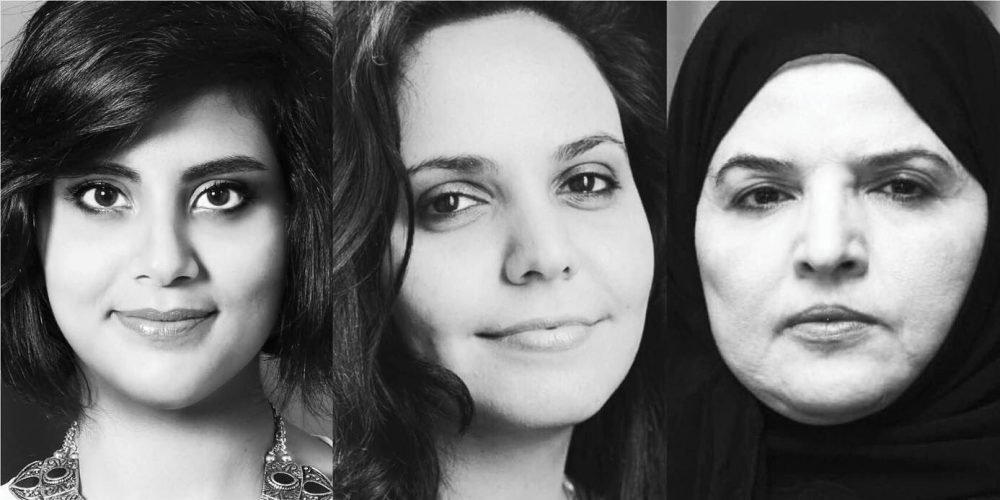A panel of British members of parliament, which were denied access to women activists under arrest in Saudi Arabia, has found that the detainees are at risk of suffering long-term health conditions, following the torture they underwent ever since their arrest in May 2018.
The report of the Detention Review Panel into Women Activist Detainees in Saudi Arabia, which was prepared under the supervision of the MPs, stated that the detainees were subjected to “sleep‐deprivation, assault, sexually threatened with rape and murder” in solitary confinement. “The culpability for torture rests not only with the direct perpetrators but also with those responsible for it, and those who acquiesce to it. Saudi authorities at the highest levels could, in principle, be responsible for the crime of torture,” the report said.
The report also found that the allegations that were made on behalf of the detainees were “consistent with those recorded by different human rights organizations, including United Nations, Amnesty International.”
The women activists, many of whom campaigned for the right of women to drive, were arrested even as Saudi Arabia finally allowed women to do so, and sought to portray itself as being on a modernizing spree for the same. Last year, a massive publicity campaign was run across the country that tried to project crown prince Mohammad bin Salman (MBS) as the protagonist behind reforming the country’s statecraft, including lifting the ban on women driving, opening of cinemas and reconsidering the abuse of the male guardianship provision. However, it was under MBS’ supervision that any form of dissent was also curbed. The assault on dissent saw its most prominent casualty with the brutal murder of journalist Jamal Khashoggi at the Saudi consulate in Istanbul.
In recent years, Saudi authorities arrested scores of human rights activists for allegedly being in contact with “foreign actors”, while the local media called them traitors. Three of the women activists who were subjects of the report – Loujain al-Hathloul, Iman al-Nafjan and Aziza al-Youssef – continue to be in detention for “working against the national-unity”.
28-year-old Loujain has been jailed several times by Saudi authorities for defying the driving ban and campaigning against the male guardianship law. The authorities charged her with the attempt to destabilize the kingdom. A smear campaign was launched against her in the social media, branding her a ‘traitor’.
Iman, an academic and women’s rights activist, had been blogging about Saudi women since 2008, covering the driving ban on women, as well as other cultural and social issues related to women’s rights, local elections, Saudi Arabia’s anti-terror laws and the work of human rights activists.
Similarly, Aziza, retired professor from King Saud University and a mother of five children, was one of the lead campaigners against the Saudi male guardianship laws that stipulated that Saudi women needed to seek permission from their male relatives to travel, attend universities or get medical treatment.
After their arrest in May 2018, the trio was shifted to al-Ha’ir prison in Riyadh. The report also provided details of five more activists who are being held in different detention centers: Samar Badawi, Nouf Abdul‐Aziz al‐Jerawi, Mayaa al‐Zahrani, Nassima al‐Sadah and Hatoon al‐Fassi.
Referring to testimonies previously used by Amnesty International, the report quotes, “(the activists) were repeatedly tortured by electrocution and flogging, leaving some unable to walk or stand properly. In one reported instance, one of the activists was made to hang from the ceiling, and according to another testimony, one of the detained women was reportedly subjected to sexual harassment by interrogators wearing face masks.”
It concluded by pointing out that Saudi authorities had not approved this report, which mainly discusses the overall plight of women detainees, and that the ad hoc panel recommended that the government of Saudi Arabia allow the independent body to make a visit in these detention centers as soon as possible, for the lack of medical assessment of the detainees would likely lead to “irreversible damage to their mental and physical health”.





